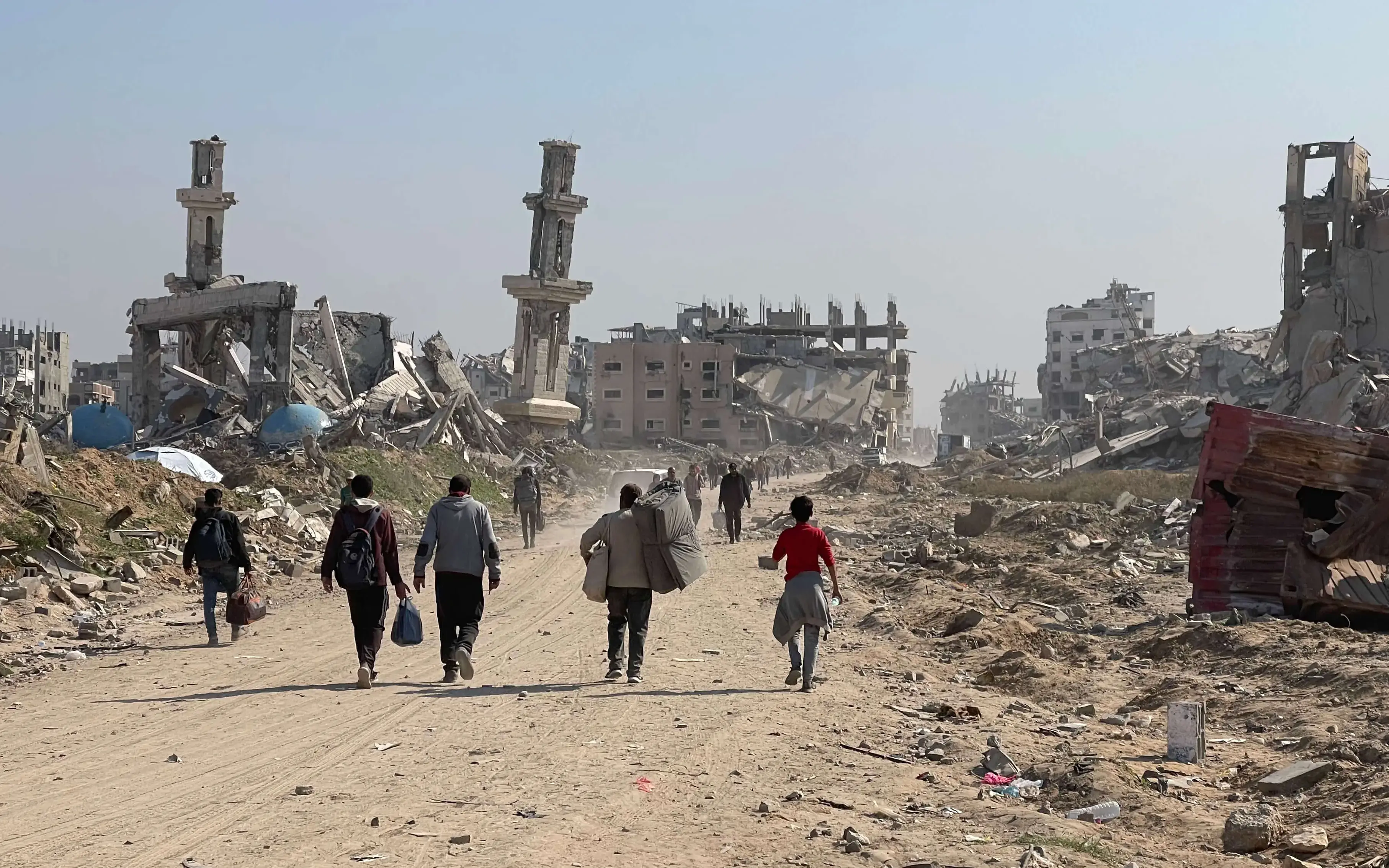Abril: A Collective Commitment to Historical Memory, Anti-Fascist Resistance, and Education

Nora Sánchez Oussedik talks about Abril; a project that was created to combat hate speech through education and historical memory. Through a collective network, it aims to provide tools to counter the far right and build a future based on justice and solidarity.
Can you explain what this new project consists of and how it combines historical memory, anti-fascist resistance, and education?
Abril is based on the fundamental idea that there is no room for hate speech in democracy and that an education aimed at forming free citizens committed to the community must be radically anti-fascist. That is why we have created the website projecteabril.cat, which aims to become a central hub of this educational network, gathering and classifying educational resources to address different types of hate speech from an interdisciplinary perspective.
What are the main objectives of this initiative, and how can it have an impact beyond Catalonia and Spain?
Abril includes participation and training spaces for teachers, but also for family associations, youth workers, coaches, educators, and cultural youth technicians. Building networks is essential because only collectively will we be able to confront the far right and construct an alternative of hope and future with our youth.
On a national level, we collaborate with the project Crímenes de odio, which documents and classifies all types of hate crimes committed in Spain. We also work with various left-wing sovereignty foundations across the country and are working to expand Abril. On a European level, we collaborate with Transform Europe, the network of foundations of the European Left Party, with whom we are promoting the International Forum Against the Far Right.
Do you think historical memory is being sufficiently protected at the European and international level to combat the rise of the far right? What are the main dangers of forgetting history today?
We are currently witnessing the normalization of hate speech and the far right, along with a deepening of historical amnesia. There is an attempt to make people forget that the rights we have today were won through the collective struggle of the working class, the feminist movement, and others. Similarly, the horrors of 20th-century fascism were not the result of individual monsters; fascism is a tool of capitalism to maintain control in times of crisis.
Historical and democratic memory cannot be based on nostalgia; it must remind us why we organize and what kind of country we want to build and defend—one based on justice, solidarity, and fraternity, in direct opposition to what the far right stands for.
How do you work to connect the story of Neus Català and other resistance figures with today’s struggles for justice and human rights worldwide?
Neus Català was not an exception in her time; she was one of many women who organized and fought for social emancipation. As a woman, a worker, and a member of an oppressed nation, Neus organized during a very difficult period—amid the rise of fascism, the Spanish Civil War, and World War II—and suffered repression under Nazi fascism in the Ravensbrück concentration camp.
We preserve her legacy to connect it with current struggles because, sadly, many of the dangers and challenges we face today are very similar to the ones Neus fought against: fascism and the far right, labor exploitation, sexism, and racism. These dangers and challenges are also global and affect people worldwide.
In several countries, laws and policies have been introduced to recover historical memory. What international examples do you find inspiring or relevant to your work?
In Spain, memory laws have many shortcomings, which is logical since there was no democratic break with the Franco regime. A good example is Argentina, where we believe the principles of Truth, Justice, and Reparation provide valuable inspiration. These principles are a useful, necessary, and essential model, but they are not sufficient. Beyond memory and reparation efforts, it is crucial to learn the necessary historical lessons to combat fascism today and prevent its crimes from happening again.
Fascism and hate speech have resurfaced in different parts of the world. What role do you think education can play in fighting these global threats?
To address this alarming situation, it is essential to work rigorously and scientifically, analyzing what the far right is, how it advances among young people, and designing strategies for social and political action. It is not enough to simply acknowledge that hate speech is proliferating—we must act to stop it.
A comprehensive, critical, and socially engaged education is key to tackling this challenge. We must intervene in all the contexts where young people are shaped and where debates can help them develop critical thinking. This includes formal education (schools, high schools, universities), non-formal education (youth programs, sports training), and informal education (family and community settings, entertainment, media, and social networks).
Through your project, do you collaborate with organizations from other countries that work on preserving historical memory and defending human rights?
Yes, as mentioned earlier, we have a very close relationship with Transform Europe. We also collaborate with various memory organizations, such as the Amical de Ravensbrück and the Amical de Mauthausen, with whom we will organize a trip to the Ravensbrück camp this year for the 80th anniversary of the liberation of the camps. Additionally, we work with the Amicale des Anciens Guérilleros Espagnols en France and several organizations in Latin America.
Are there lessons from 20th-century anti-fascist resistance that you think could be useful for today's social movements worldwide?
In Catalonia and Spain, the experience of the Popular Front and the later International Brigades was a beacon of hope for the international workers’ movement, defending the Second Republic against the rise of fascism in Europe. We can also look at the experience of the Capitães de Abril during the Carnation Revolution in 1974 as an example of anti-fascist resistance that successfully overthrew the Salazarist dictatorship—the longest-lasting dictatorship in Western Europe.
In Latin America, the Chilean people resisted Pinochet’s dictatorship (1973-1990), which was imposed through a military coup supported by the United States. The Madres y Abuelas de Plaza de Mayo in Argentina remain an example of resistance, justice, and the fight to restore the identities of the disappeared.
In Africa, Burkina Faso stands out for the revolution led by Thomas Sankara (1983-1987), which promoted a political project of sovereignty, social justice, and resistance against imperialism. We also recognize the resistance of the Sahrawi people against Moroccan occupation.
Finally, the Palestinian people represent one of the most emblematic struggles against oppression and apartheid.
How can the international community get involved in your work and support your mission?
Each people has its own characteristics and challenges and must find its own path to emancipation. We believe it is important to create spaces where different organizations and social groups can connect, share experiences, and develop common strategies. Once again, building networks is key to stopping the far right, and we can learn a lot from each other.
Finally, if Neus Català could see today’s global context, what message do you think she would leave us to continue the struggle?
Neus used to say a phrase that sums up everything we are talking about: “To fight is to unite to defend an idea.” We must organize ourselves to defend our ideas and build a better world!






Add new comment